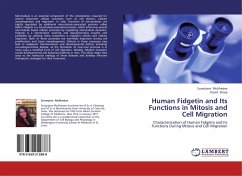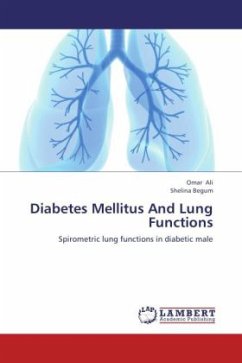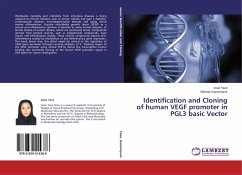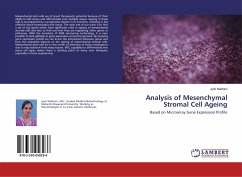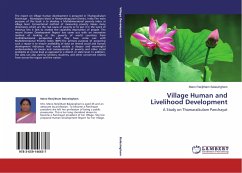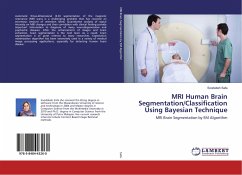Microtubule is an essential component of the cytoskeleton required for several important cellular processes such as cell division, cellular morphogenesis and migration. In cells, functions of microtubules are tightly regulated by additional microtubule-associated proteins called MAPs. Fidgetin is a microtubule-associated protein, which influences several microtubule based cellular processes by regulating microtubule dynamics. Fidgetin is a microtubule severing and depolymerizing enzyme and possibility by utilizing these properties it regulates mitosis and cellular migration. Both of these processes are extremely important during cell proliferation and tissue morphogenesis. Defects in these processes may lead to malignant transformation and developmental defects including neurodegenerative disease, as the formation of neuronal processe is in many ways a modified form of cell migration. Notably, Fidgetin mutation causes developmental and behavioral defects in mice. This study mightlead ways to the molecular etiology of these diseases and develop effective therapeutic strategies for their treatment.
